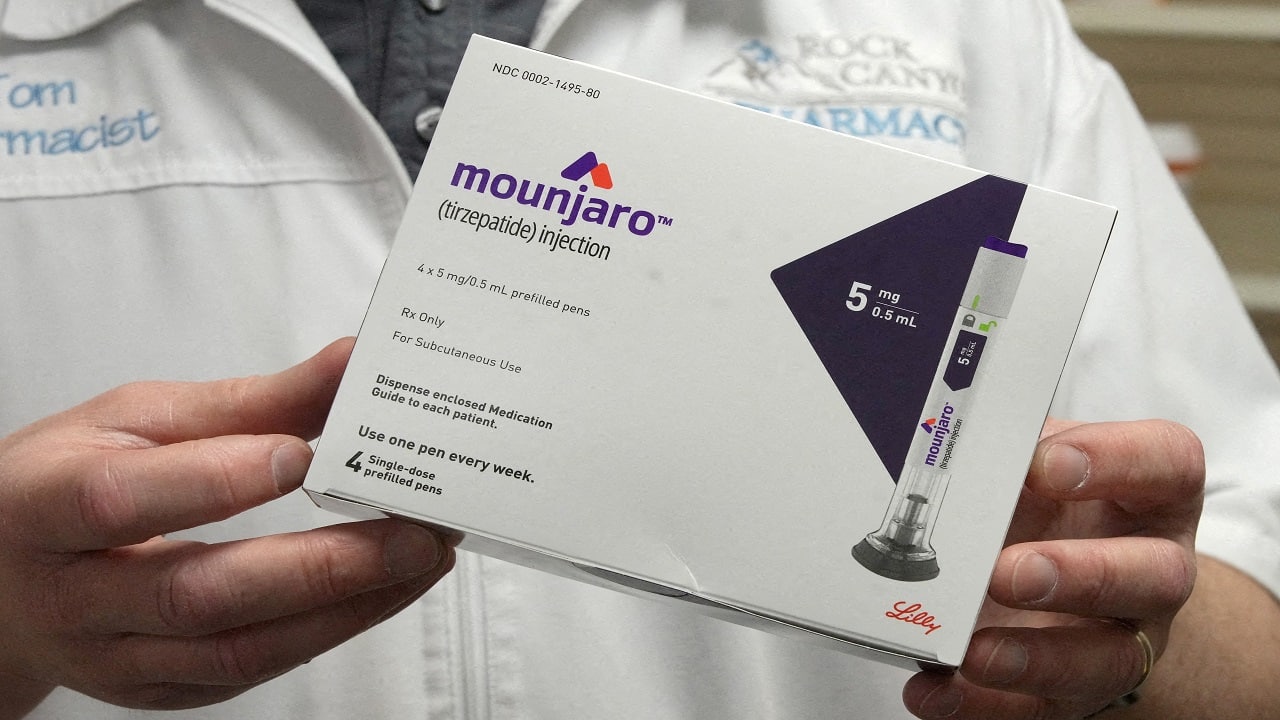Lawsuits Allege Vision Loss in Long Island Patients Taking Ozempic and Wegovy

Several patients, including at least three from Long Island, allege they experienced sudden vision loss after using popular weight loss drugs Ozempic and Wegovy. A Long Island-based attorney is representing over a dozen clients from New York and New Jersey in lawsuits seeking unspecified financial damages. These lawsuits are based on recent studies indicating a potential connection between vision complications and drugs containing semaglutide (the active ingredient in Ozempic, Wegovy, and Rybelsus) or tirzepatide (the active ingredient in Mounjaro and Zepbound).
Jason Goldstein, senior litigation counsel with Parker Waichman LLP, represents more than a dozen clients, including two from Nassau County and one from Suffolk County, who claim to have suffered non-arteritic anterior ischemic optic neuropathy (NAION), essentially a stroke of the eye, after taking drugs containing semaglutide. Goldstein filed lawsuits in Middlesex, New Jersey, where Novo Nordisk, the manufacturer of Ozempic and Wegovy, is located. He stated that his clients woke up with impaired vision, including loss of peripheral or total vision, with one client experiencing vision loss in both eyes.
One of Goldstein's clients, Edward Fanelli, 57, of Freehold, New Jersey, was prescribed Ozempic for Type 2 diabetes in October 2022. About eight months later, he developed severely blurred vision in his right eye and was diagnosed with NAION, forcing him to stop working. Fanelli stated he would not have taken the drug if he had been aware of the potential risk of vision loss.
In response, Lauren Browdy Weiner, a spokeswoman for Novo Nordisk, stated that NAION is not considered a potential adverse reaction for drugs containing semaglutide. Novo Nordisk maintains that the benefit-risk profile of semaglutide remains unchanged and that internal studies do not suggest a causal relationship between semaglutide and NAION. Weiner added that patient safety is a top priority for Novo Nordisk, and they take all reports about adverse events seriously, including eye conditions, which are well-known comorbidities for people living with diabetes.
A January study published in JAMA Ophthalmology, authored by Dr. Bradley Katz of the University of Utah, reviewed nine patients who experienced vision complications while taking weight loss drugs containing semaglutide or tirzepatide. The study found that seven subjects experienced NAION, one had papillitis (optic nerve inflammation), and another developed paracentral acute middle maculopathy. Dr. Katz noted that rapid changes in blood sugar may contribute to vision complications but stopped short of suggesting patients discontinue the drugs. He emphasized that further studies are needed to test the hypothesis, calling it an important issue for ophthalmologists.
Another study from last July analyzed the medical records of over 17,000 patients from Mass Eye and Ear and found that people with diabetes who were prescribed semaglutide were more than four times more likely to be diagnosed with NAION. Dr. Joseph Rizzo, the study’s lead author, stated that the findings should be viewed as significant but tentative, pending further studies with larger and more diverse populations.
The American Academy of Ophthalmology stated that there isn't enough data to suggest patients should stop taking their weight loss medications. Dr. Andrew Lee, a neuro-ophthalmologist, stated that it is premature to conclude a causal association and that more research is necessary. He advised patients to be aware of this information and make informed choices in consultation with their care team, based on their individual risk profile.







